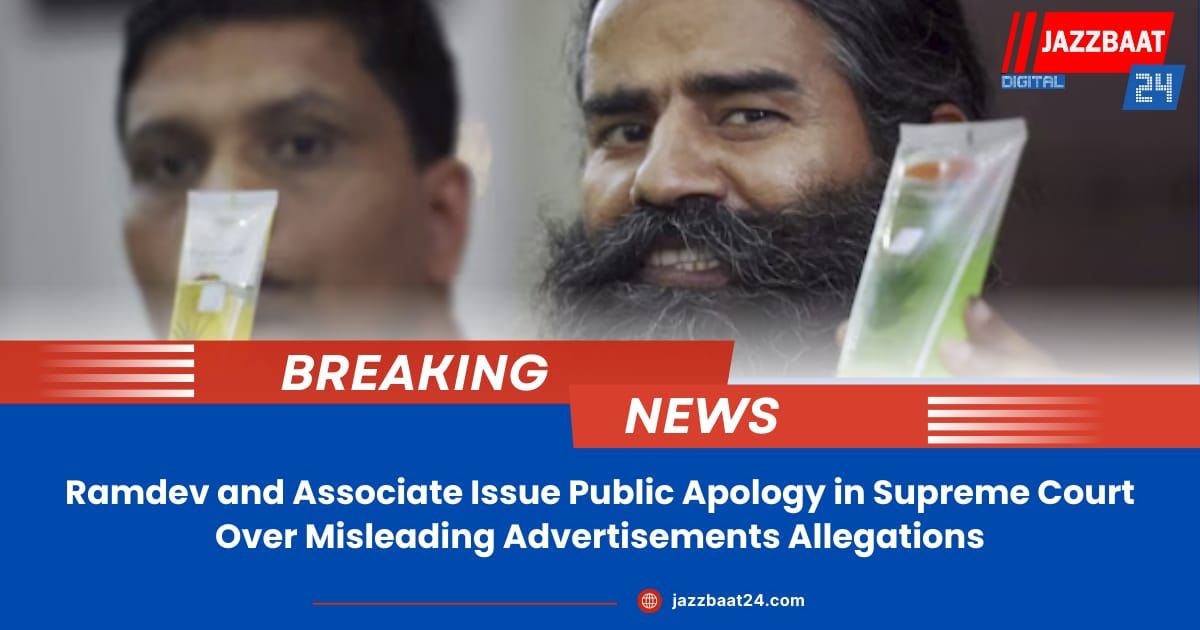Renowned yoga guru Ramdev and his associate appeared before the Supreme Court to issue a public apology for their involvement in promoting misleading advertisements. The case pertains to allegations of endorsing products with exaggerated or false claims, which led to public outcry and legal scrutiny.
During the court proceedings, Ramdev and his associate expressed regret for their actions and acknowledged the importance of adhering to ethical standards in advertising. They assured the court of their commitment to rectifying the situation and ensuring compliance with regulations governing commercial promotions.
The Supreme Court, while acknowledging the apology, reiterated the significance of truthfulness and transparency in advertising to safeguard consumer interests. The court emphasized the need for stricter enforcement mechanisms to prevent the proliferation of deceptive marketing practices.
The case against Ramdev and his associate gained traction after several complaints were filed alleging that their advertisements misled consumers by making unsubstantiated claims about the efficacy of certain products. The controversy sparked debates on the ethical responsibilities of public figures and corporations in promoting goods and services.
Ramdev, known for his advocacy of yoga and natural remedies, has built a vast business empire centered around wellness products and ayurvedic remedies. However, the recent controversy has raised questions about the credibility of his brand and the veracity of claims made in his advertisements.
The public apology issued by Ramdev and his associate marks a significant step towards accountability and transparency in the advertising industry. It underscores the importance of upholding ethical standards and ensuring that promotional activities are conducted in a truthful and responsible manner.
As the case continues to unfold, stakeholders await further actions and measures to address the broader issue of misleading advertisements and protect consumer rights. The episode serves as a reminder of the need for vigilance and regulatory oversight to curb deceptive marketing practices and promote a fair marketplace for consumers.





